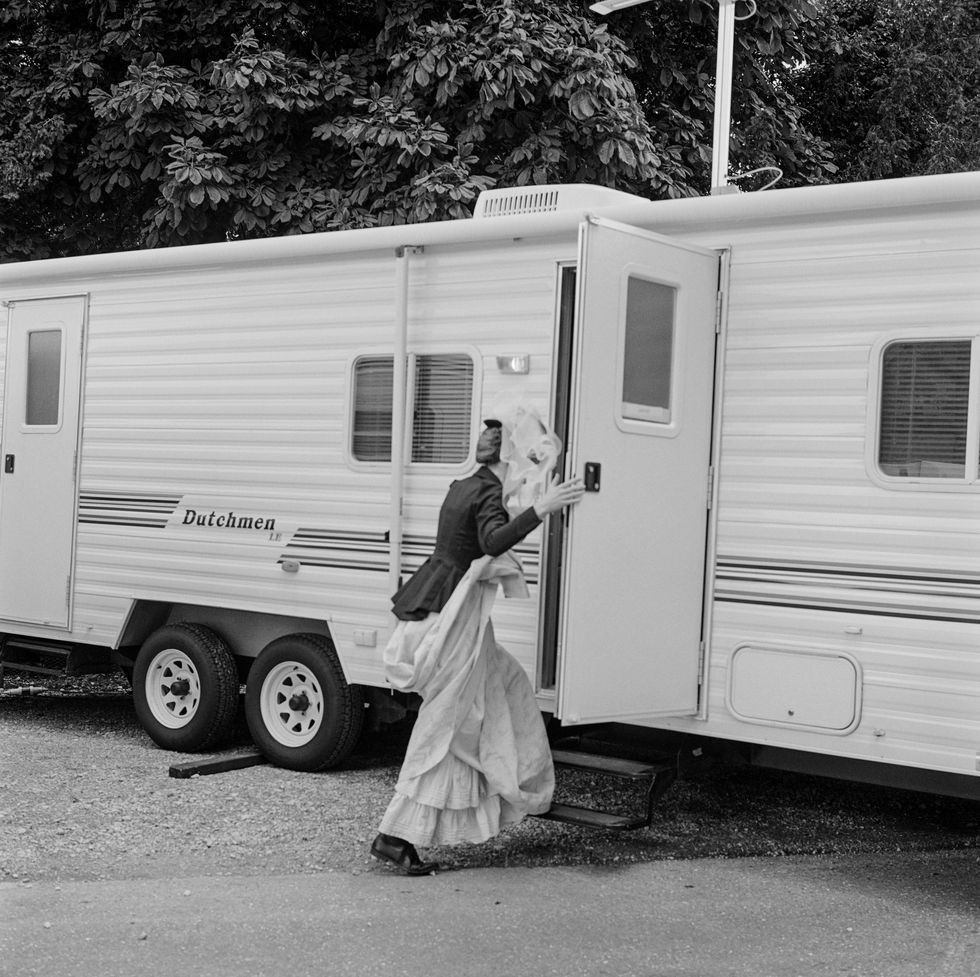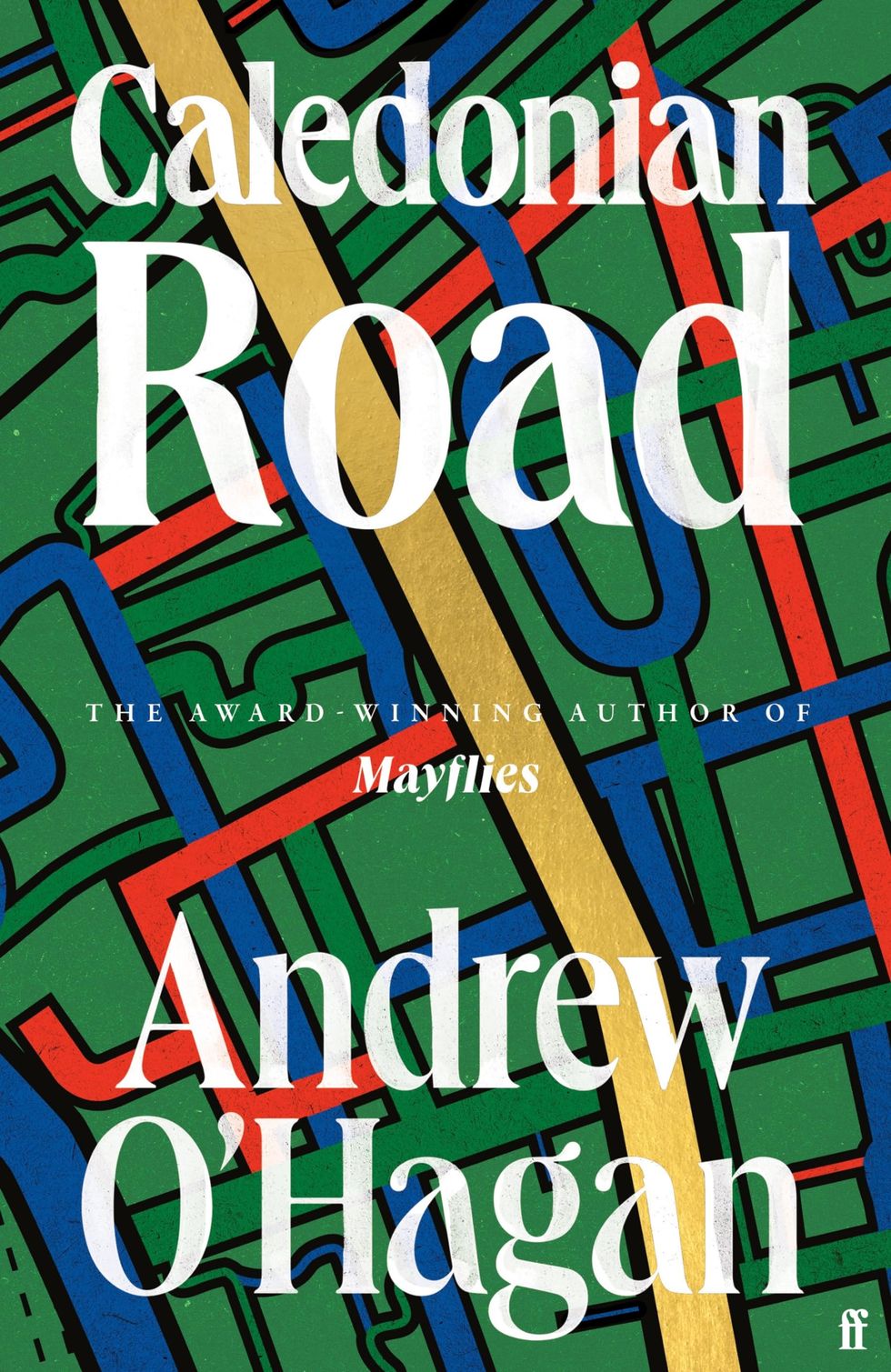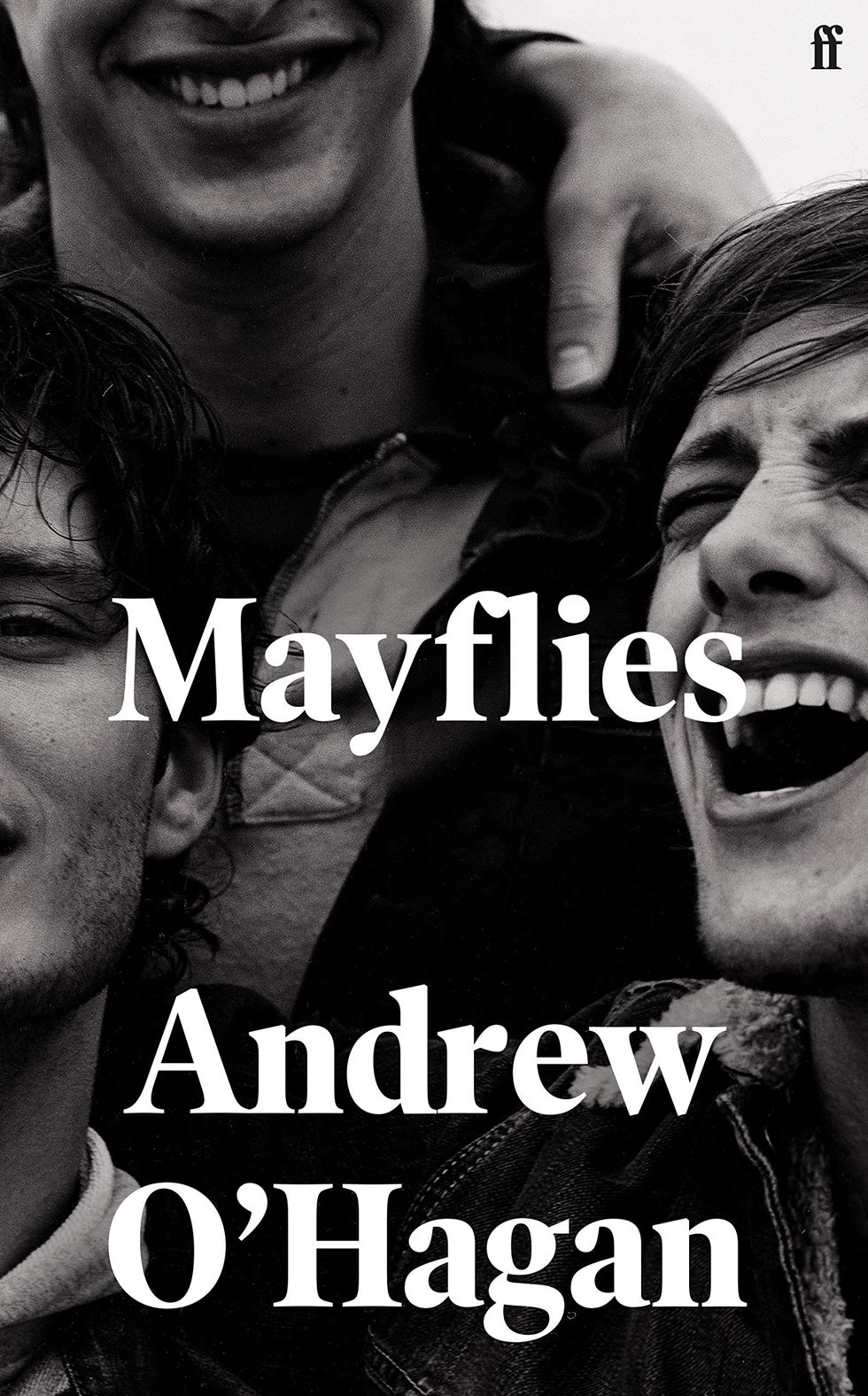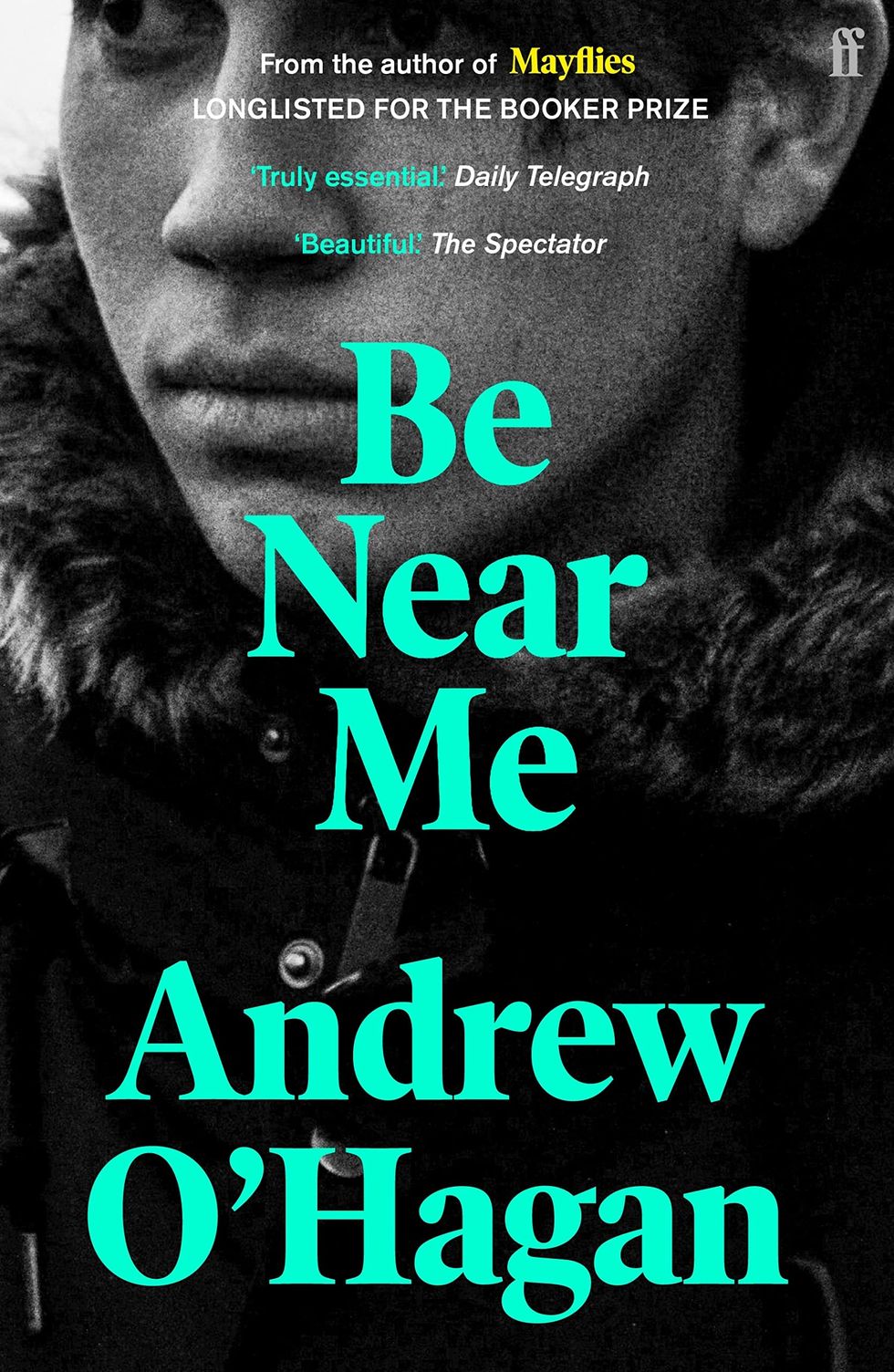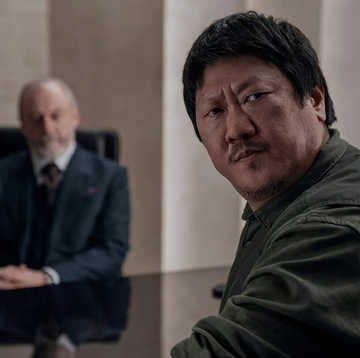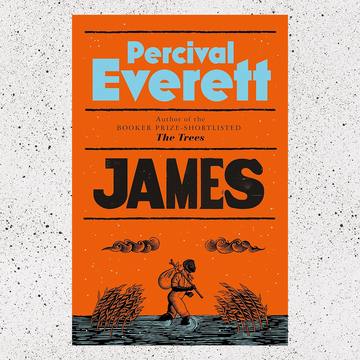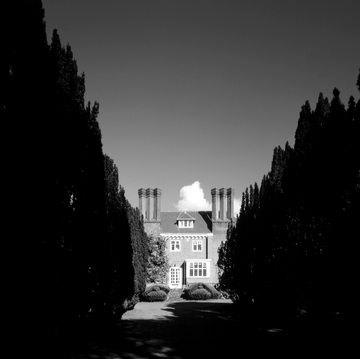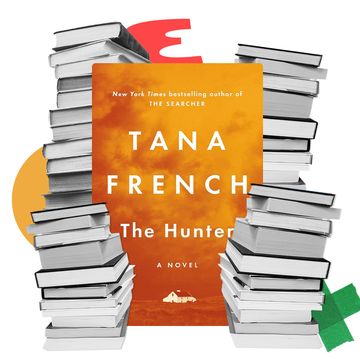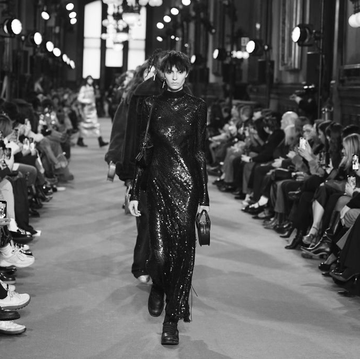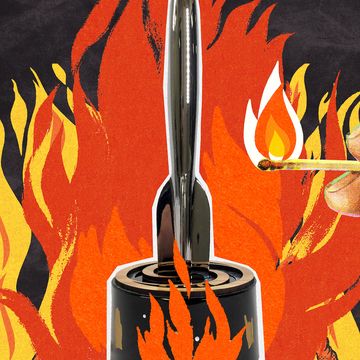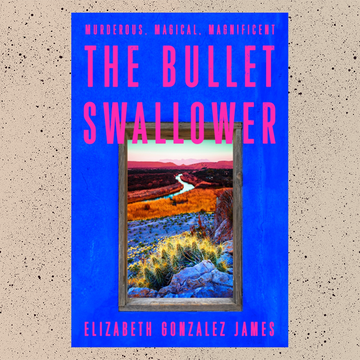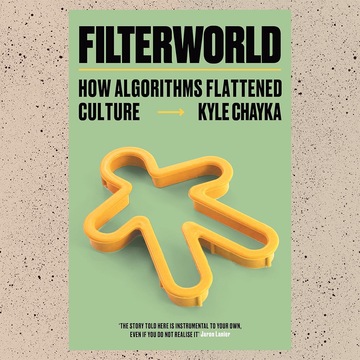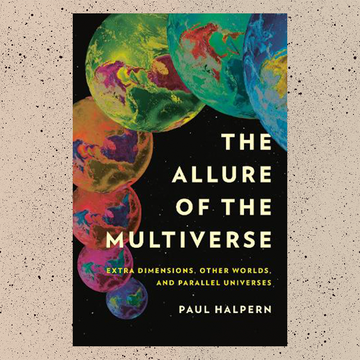The story so far: surrounded by members of the British aristocracy, fashion designers, Russian money and a corrupt art world, famous young British actor Jake Hart-Davies takes on a new kind of role, standing in for the celebrity art historian Campbell Flynn, and pretending to be the author of a cult new self-help book. Then it all goes wrong. Massively wrong...
It was while filming the final episode of Aethon’s Curse, ‘Dance of the Blades’, that Jake Hart-Davies realised he was too big for acting. He was in Belfast Harbour Studios at the time, preparing to wrestle with a giant prehistoric frog called Beelzebufo, when he remembered that he had been born to play Hamlet or to write an era-defining novel. Instead, the make-up and costume girls were coating him in supernatural gunk, plucking his eyebrows, padding out his crotch and blow-drying the fur around his hood.
The disaffection remained in the middle of August, yet he still had hopes as an actor. Now he was down in Dorset, on the edge of a steep incline of enhanced trees and painted gorse, with high water cannons spraying the scene to indicate a deluge. ‘This could be my last,’ Jake said to himself as he nudged past extras to get to his trailer. Yet he couldn’t resist investing heavily in the part he was playing, the titular character in a new adaptation of Thomas Hardy’s The Return of the Native. Like Hardy’s Clym Yeobright, he had returned from Paris, from everything, to blind himself with reading, and he was set to become a labouring man in touch with the pagan land. Closing the trailer door at his back, undoing his Victorian silk tie and bending down to choose one of his herbal teas, the actor, now author, said one of his lines: ‘I will invade some region of singularity, good or bad.’ And with that he leaned over for his phone and removed his Victorian spectacles. His eyes focused on a line of books above the sofa, three of them works by Campbell Flynn.
Things had kicked off at a Bournemouth hotel last night. Jake had a 5 a.m. call, but a number of the other cast members and crew had decided to destroy the bar until midnight, before taking it up to one of the rooms. The ringleader, as always, was Archie Todd, the cokehead son of a well-known celebrity chef, who had gone into acting after being in a TV boy band. Archie was last seen ordering six espresso Martinis to his room at 4 a.m. He tried to climb down a drainpipe to get away from a producer, and by the time his car came to take him to the set, he was barricaded in another room, drinking the mini-bar and crying on the phone to his mum. Trouble was, the bosses from Netflix were due to visit the next day to see how the production was going. Jake said to the first assistant director, mid-morning, that despite all the Druid energy floating about, this was perhaps not the best day to go full Glasto. Archie by then had his therapist on the phone and the actress playing Eustacia was having issues with her back, plus a few of the farmhands were talking about union rules.
‘I’m not interested,’ Jake was saying on the phone. ‘I have lines to learn. I have to get my head into the space, man. It’s fucking stupid.’
The Scottish actor on the other end of the line was passing on the message that Archie had now been persuaded to return to the set. There was a hitch, though. Archie felt vulnerable, he was sick as a dog, he wasn’t ready to play the part of the Wessex reddleman, but said that he could cope if an AA meeting could be convened behind the catering truck. ‘Listen,’ the Scottish actor said to Jake, ‘I’ve got the Big Book here. The Netflix guys are on their way. We’ve pumped a load of Valium into the wee man. He promises he can shoot this afternoon if we can get a meeting organised. Will you chair it?’
‘This is madness,’ Jake said. It wasn’t that it was comical-tragical, tragical-comical, it was psycho-mystical, it was auto-fictional. He’d sooner be running for office.
‘I know, buddy,’ the Scots actor said. ‘He’s a wee shite, so he is.’
‘I’m done with this crap,’ Jake said. ‘I’ve been standing in a field all morning waiting for Josey to deal with her ghost lumbago. And Dash is crying in his trailer because he spent last night fucking a farmboy, despite loving his wife.’
‘I know. It’s totally nuts.’
‘Yesterday, we lost the afternoon because a bunch of crazy fuckers at Gaunts Park were clay-pigeon shooting and wouldn’t stop.’
‘Well, it is hard to film when there’s a lot of noise.’
‘Oh shut up, Kevin. I’m here in my trailer. I’m learning my lines. I’m doing some interviews for the radio. I’ll be ready to shoot a scene when somebody comes to get me and tells me there’s a fucking actor in this fucking madhouse who can work. If nobody comes by four o’clock, I’m fucking off back to London. Fuck Thomas Hardy. Fuck the director. Fuck Archie Todd and fuck fucking Netflix.’
His publicist had left a folder on top of the draining board; it was full of printed-out requests to do with his self-help book, Why Men Weep in Their Cars. The Spectator was asking him if he’d like to write a column. The Weekend Politics Show was currently on holiday, the email said, but it would consider coming back to do a one-off special looking at the possible ‘myth’ of male toxicity. There were messages from Sky Documentaries, from the Royal Television Society about a lecture, from a writer at New York magazine suggesting an interview, and from Oprah. The requests from radio talk shows were on a separate list, many from libertarian shock jocks, or from right-wing broadcasters, Sean Hannity, Dan Bongino, Dana Loesch, inviting the actor to ‘defend guys’ against the ‘fake accusations’ of the moment.
He did two interviews at around lunchtime. He was definitely growing in confidence and perhaps in stridency; he could use the book, and his own knowledge of art and human behaviour, to say something brand new. ‘If you look at BLM,’ he said to Chad Benson on Radio America, ‘you see male decency. You see leadership. Undermining male role models has not been good for families in America. If you look at King Lear, it’s not King Leanne, okay? Shakespeare understood that there was a universal pressure on men to lead the pack and to fulfil the obligations of nature.’
‘The obligations of nature?’
‘Sure! I’m not afraid to say it. People can drag men down if they want, but Why Men Weep in Their Cars, yeah, it says you can go too far. You want to think about who the real enemies are before you start flying into buildings.’
Every time he spoke, the quotes went viral. He’d seen a parody of himself on TikTok, saying terrible things in a steady actor’s voice: ‘The poet William Shakespeare was clearly of the view that women were essentially evil.’ He couldn’t understand it. He was only saying what he believed to be true and what everybody said in private. By mid-afternoon, the unit publicist was getting fewer calls about Archie Todd than about Jake’s latest remarks. Was he really saying that men were born to rule and women were born to be ruled? Was he saying terrorists should find better targets?
‘Holy fuck, man,’ his manager texted him. ‘Did you just compare women who call out rapists to the hijackers on 9/11?’
Jake called him back, the youngest and best-looking rep at CAA. ‘What the actual fuck, dude?’ Dylan said.
‘Don’t you start. It’s all a load of bollocks. All I said is that leadership’s a thing and people should consider—’
‘I know what you said, man.’
‘Are you seriously giving me grief about a stupid thing on talk radio?’
‘The whole world is giving you grief, dude. Toxic male behaviour is not justifiable.’
‘I never said that.’
This was just another moment’s hysteria, Jake told himself, that was all.
‘Okay,’ Dylan said, demonstrating his grasp of the new reality. ‘If we handle it right, all this can be turned to our advantage.’
When Jake had fucked up at the Globes, saying something insensitive about how their filming in Africa was a gift to the Africans, it was Dylan who had taken on the challenge of clearing it up. He insisted that BAFTA hire an interviewer of colour as the chair for its platform event with Jake, and he told Esquire to find a black photographer for its cover story. Dylan knew how to fight your corner: actors’ rights are human rights too.
Jake made a few non-apologetic remarks and then hung up.
The thinking had made him hungry. He got a bowl of noodles from the catering van and brought it back to his trailer. Campbell Flynn called several times and Jake declined the calls — about six in all. His mentor, the real author: he couldn’t face the fuss Campbell was likely to make. After eating, he fell asleep, thinking about the wonder he might have created, the debate he’d stirred up.
In the mirror that night, getting ready for the shoot, he realised he was a bold man in everything he did. Whatever he said about giving up acting — and he changed his mind constantly — he was focused on the job in front of him, and he had decided to go a bit Method on this one. Definitely the right thing, he said. It’s not enough to learn your lines and figure out the part and then play it. He wasn’t merely another pretty boy with a good jawline and sensitive eyes. No, he would suffer. It was next level. He would eat and breathe as Clym Yeobright.
‘I want to go over a few lines with you,’ Duncan Bawn had said, at the end of the first day’s shooting. ‘A few notes about tomorrow. Jump in the car.’
He knew the director doubted Jake had the chops.
‘I can’t do that,’ Clym said. ‘We can take the horses. There’s a farm cart here.’
‘I’m not going in that! I’m in a hurry, man. Okay, I’ll call you on your mobile.’
‘I don’t know what that is,’ Clym replied.
Bawn was puzzled. ‘But you’ve been on the phone. You’ve been doing interviews for this book, Jake. You’ve been on your laptop.’
‘Not today,’ he said. ‘Today, I’m in the nineteenth century.’
‘Try acting.’
‘Please don’t question my process,’ the actor replied.
He’d taken a note from Hardy’s novel that he hoped would nourish his portrayal in tonight’s scene. He looked it up again on his phone before being called. There was still a lot of action around his phone that night, a lot of ‘incoming’, as he called it. His attempts to ignore the device’s existence, for Method reasons, had long since failed. But he kept his focus tonight. Not that he cared if he wasn’t consistent – he cared that he obeyed the right feeling.
A second assistant director came to collect him. They walked past a grid of vans and monitors to reach a snow-covered cottage. None of it was real, but it was vastly familiar, in a heritage England kind of way, and the yard was full of crew shouting orders. Light reflectors hung at different angles over a festive table, with actors standing around in costume. There was a certain fidget in the air, and they were looking at him, the collection of mummers and furze-gatherers, and sundry RADA graduates in large bonnets, plumes and ribbons. Candles were being lit and live sheep were being herded, fake snow blasting in front of a wind machine. Jake looked down at the second assistant’s script.
‘EXT. MRS YEOBRIGHT’S HOUSE. NIGHT.’
He suspected the director had moved it outside – who would have supper outside in December? – to make more of the ‘shot on location’ mania, the moon and the stars and the hoots of the owls and so on. It would add to the pagan spirit, the rustic fuss, to have horses visibly panting in the dark. The scene was important because it was his character’s first meeting with the film’s heroine, Eustacia Vye. He looked up from the script. ‘I have an odd opinion,’ he said as Clym Yeobright, ‘and should like to ask you a question. Are you a woman – or am I wrong?’ He tried it again. ‘Are you a woman?’ ‘Are you a woman?’
Eustacia would be dressed as a boy, one of the mummers. ‘Think ambiguity,’ Jake said to himself as he studied the script.
He tried it a few more ways. He thought of his sister. He thought of an old teddy. After a few minutes’ rehearsal, Duncan, the fêted, bearded hipster who once chastised the British film industry for its love of heritage film-making, approached Jake looking glum. ‘Look, maestro, we have a problem.’
‘What?’
‘Josey, our leading lady, Eustacia fucking Vye.’
‘What about her? Where is she?’
‘She won’t come out of her trailer. She says she won’t work with you. Her agent’s on the phone. She’s threatening to walk.’
‘What in the name of Christ are you talking about, Duncan?’
The director turned to the gaffer. ‘Shut the lights down,’ he said.
The volume of talk on the set had increased and Jake suddenly saw it was real. This was actually happening. The snow stopped.
The guy playing the reddleman, the now penitent, sober Archie Todd, came over and put his hand on Jake’s shoulder.
‘I’m sorry, mate,’ Todd said.
Jake turned to him. Todd’s face and hands were covered in red make-up and he was wearing red clothes from head to foot. His eyes peeped out and to Jake there was suddenly something demonic about the set.
‘Are you actually having a laugh?’ he said.
Jake looked straight at the director. ‘Duncan, is this a fucking joke?’
‘No, man. What you said – you fucked it. You can’t say that kinda thing. The radio interviews: you can’t fucking say that. The shit has hit every fan in the world, and the execs are up the hill with a bunch of lawyers.’
The next day, Jake Hart-Davies was fired from The Return.
At the house in Thornhill Square, the smell of rotting fish fingers in the hall had been dispelled by a fortnight of Diptyque candles. Elizabeth had also brought in two pots of lavender from outside. Yet Campbell swore that he could still smell fish, and was forever spraying the hall with air freshener and saying the episode made him queasy. He had sunk low in his own view of himself since the Byre arrest. ‘Disgraced Businessman Sexually Abuses Girl 30 Years His Junior,’ it had said on the front page of one of the tabloids. William was on remand in Belmarsh, having refused to surrender his passport, or admit to anything. It couldn’t be true, could it, that Campbell’s oldest friend had raped a woman and then bought her off with a flat? The whole thing had left Campbell disconsolate in a part of himself that nobody could see. Slowly, a panic of contrition began to show in many of his actions and relationships, not least when it came to the subject of that secret book.
In his study he prepared to join a Zoom meeting with his publisher, Mirna Ivoš. She was in a melancholy frame of mind, which wasn’t unusual, with a layer of sheer horror at what was happening. He knew that he had harmed his beloved Mirna and done damage to the house’s reputation. It was yet more timber to the fire. But he tried to hold to the initial reason for writing the book, to make up for a growing shortfall in his finances. He tried pathetically to push that back into play. ‘It’s doing extremely well,’ he said. ‘And we could always be doing with a book doing well.’
‘It depends on what we mean by “well”.’
‘It’s selling. Despite or maybe because of all this . . . noise.’
She sighed in full Serbian. ‘It has found a vulgar audience, Campbell. The book has some merits, if you understand irony and like examples, but it is being read as a kind of riposte to the age of equality.’
‘The book is actually an admission of guilt.’
Her voice went quiet. ‘Not as this actor is presenting it. He has decided to turn the whole thing into a celebration of male dominance.’
‘I know.’
‘It’s a huge scandal,’ she said. ‘A huge scandal. Especially in the US. Even the cover has proved controversial.’
I am well protected, Campbell thought. He could say that. He had his surrogate. But at the same time he began to wonder if all his ‘selves’ weren’t liabilities.
‘You are hidden,’ she said, as if hearing him.
Out of the blue, perhaps to advertise that his comeuppance was at hand, he told her that his wife was not the rich person people often imagined she was. Her father had left her the cottage in Suffolk and a small trust, and that was it, along with her earnings. Her mother, Emily, had recently left her fortune to the earth’s plumpest elephants.
‘You were depending on this, Campbell?’
‘I think I was,’ he said.
Mirna appeared to hesitate. ‘You are a good writer,’ she said, ‘but the world has been too much with you, Campbell.’
‘I know that.’
‘You must return to your talent. It is your only resource.’
‘I really don’t know if I can,’ he said.
She spoke about the Rembrandt book and about the Autumn Lecture. ‘I have my invitation,’ she said, ‘and very handsome it is too.’
‘I’m putting a lot into it,’ he said.
‘Well, good. It’s much more your thing. The anticipation is what I would expect, for one who has divined some of creativity’s secrets.’
It occurred to him that Mirna had always been like a mother, the birth mother of his adulthood, and he could tell her anything. But she would judge him too. It was her job to judge. ‘I have written an opening to the Rembrandt,’ he said, picking up a pad from his desk. ‘A face is a machine for exteriorising subjectivity, for showing and concealing the mind’s construction. Most painters of self-portraits say, “Here I am,” but Rembrandt paints with a hand of fire. He is a witness to human souls, a sublime explicator of the life inside, and he looks from the mysterious centre of these works to ask another question: “Who are you?”’
‘This is a book you were born to write,’ she said.
When she vanished from the screen, her spirit stayed. She somehow made him better than he was, with her standards. He had started the self-help book as a quick fix, up late and half pissed, and now it threatened to expose him. Already, he worried, Jake may have accidentally highlighted some hidden truth in it, some innate, unconscious ugliness, a thing unsurrenderable by the likes of him and William Byre. William. If feeling implicated can be experienced as a form of pain, then Campbell ached all over.
He went on Twitter, exhausted now, and searched the actor’s name, his eyes staring unblinkingly at the computer screen.
‘He’s toast this time. #rapeadvocate’
‘WT actual F! @JakeHDavis thinks men are supreme! What a complete moron!!! #goodbyeArcadius #aethonscurse’
Campbell tried phoning him again. He went downstairs and his breathing was so heavy he wondered if he should call Elizabeth. Standing in the hall, he heard Mrs Voyles’s television blaring through the floorboards and crouched down, holding his knees, experiencing a terrible bout of vertigo. For an instant, he imagined every door being knocked at once, and all the screens of all his devices scrolling with data as William Byre went down to a squalid cell at Belmarsh and Jake Hart-Davies became a stupid hologram of every man’s quest for visibility. Campbell knew they were all part of himself, part of what he had made of himself – and so, somehow, was his brightest student, Milo Mangasha. ○
“Caledonian Road” (£20, Faber) will be published on 4 April. For more exclusive extracts from the book in the coming weeks, check esquire.com/uk
